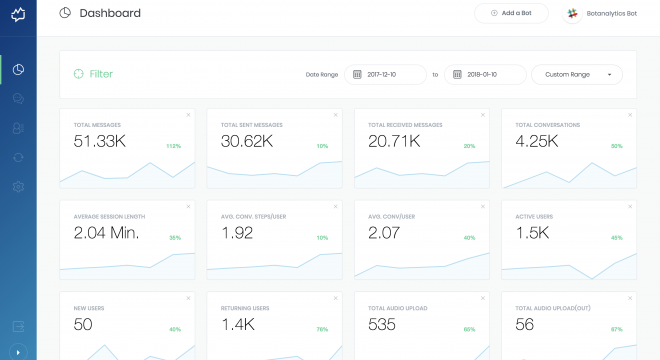Fans of Uber in Singapore will have a little more time to continue using the app after Grab, the rival that is acquiring Uber’s business in the region, agreed to extend the life of the app until April 15 while the country’s competition commission reviews the merger deal.
Grab had originally intended to close the Uber app by April 8, but that has been delayed in Singapore by one week following a request from the Competition and Consumer Commission of Singapore (CCCS) while it continues to assess the implications of the tie-up.
This agreement only covers Singapore, however, so the Uber app will be closed in the seven other countries where it was operational on April 8. Uber Eats is also being transitioned to Grab, as part of its Grab Food platform, and it will be closed at the end of May.
Last week, the CCCS said it has “reasonable grounds” to suspect that the deal may fall foul of section 54 of Singapore’s Competition Act. The organization issued an Interim Measures Directions (IMD) to Uber and Grab — the first of its kind in Singapore — which instructed both parties to “maintain pre-transaction independent pricing, pricing policies and product options,” hence the extension of life for Uber’s app.
Grab said it had provided an alternative proposal “which takes into account our role in Singapore’s vibrant point-to-point transport industry and how Grab serves commuters and drivers,” which the CCCS confirmed that it is reviewing.
A Grab spokesperson declined to discuss the details of the proposal with TechCrunch.
At this point it is unclear whether the Uber app will get another extension. Assuming that the CCCS doesn’t come to a conclusion within the next week and the IMD remains, then Uber may live on a little longer in Southeast Asia . But, if the commission is ready to move on, then the April 15 close will happen as scheduled.
Here’s the key segment of concern to the commission:
About the Section 54 Prohibition under the Competition Act & Merger Procedures
Section 54 of the Act prohibits mergers that have resulted, or may be expected to result, in a substantial lessening of competition in Singapore.
CCCS is generally of the view that competition concerns are unlikely to arise in a merger situation unless:
The merged entity has/will have a market share of 40% or more; or
The merged entity has/will have a market share of between 20% to 40% and the post-merger combined market share of the three largest firms is 70% or more.
One major factor is how Grab’s business is viewed. The commission defines the space not as ride-hailing — where Grab would appear to hold a significantly dominant position by acquiring Uber’s business — but instead as “chauffeured personal point-to-point transport passenger and booking services.”
In that respect, taxi companies in Singapore — which allow booking by SMS and phone call, and also offer ride-hailing apps in some cases — may be considered competition which might water down Grab’s market share. Likewise, Grab’s case may be helped by Singapore carpooling service Ryde’s plan to add private car services in an effort to fill some of the gap post-Uber.
Here’s Grab statement in full:
Grab continues to engage closely with the CCCS. We’ve had productive discussions on our alternative proposals, which more appropriately address the CCCS’ objectives during this interim period, and which takes into account our role in Singapore’s vibrant point-to-point transport industry and how Grab serves commuters and drivers. Together with the CCCS and Uber, we’ve agreed that the Uber app will run for another week until 15 April, while the CCCS considers Grab’s proposal. We hope the CCCS will complete its review in an expeditious manner, so that we can continue competing with incumbent transport companies and with new entrants. We will continue working with the CCCS and other relevant agencies to ensure a pro-business and pro-innovation environment, so that Singapore consumers can benefit from new and improved services.
In the meantime, the Grab app operates as per normal. The extension also gives Uber drivers more time to sign up on alternative platforms. Grab has helped thousands of former Uber drivers sign up to the Grab platform and will continue to provide support to those who are interested, as well as to obtain their PDVL.
Note: The original version of this article has been updated to correct that the Uber app will only be extended in Singapore, not across all Southeast Asian markets.

